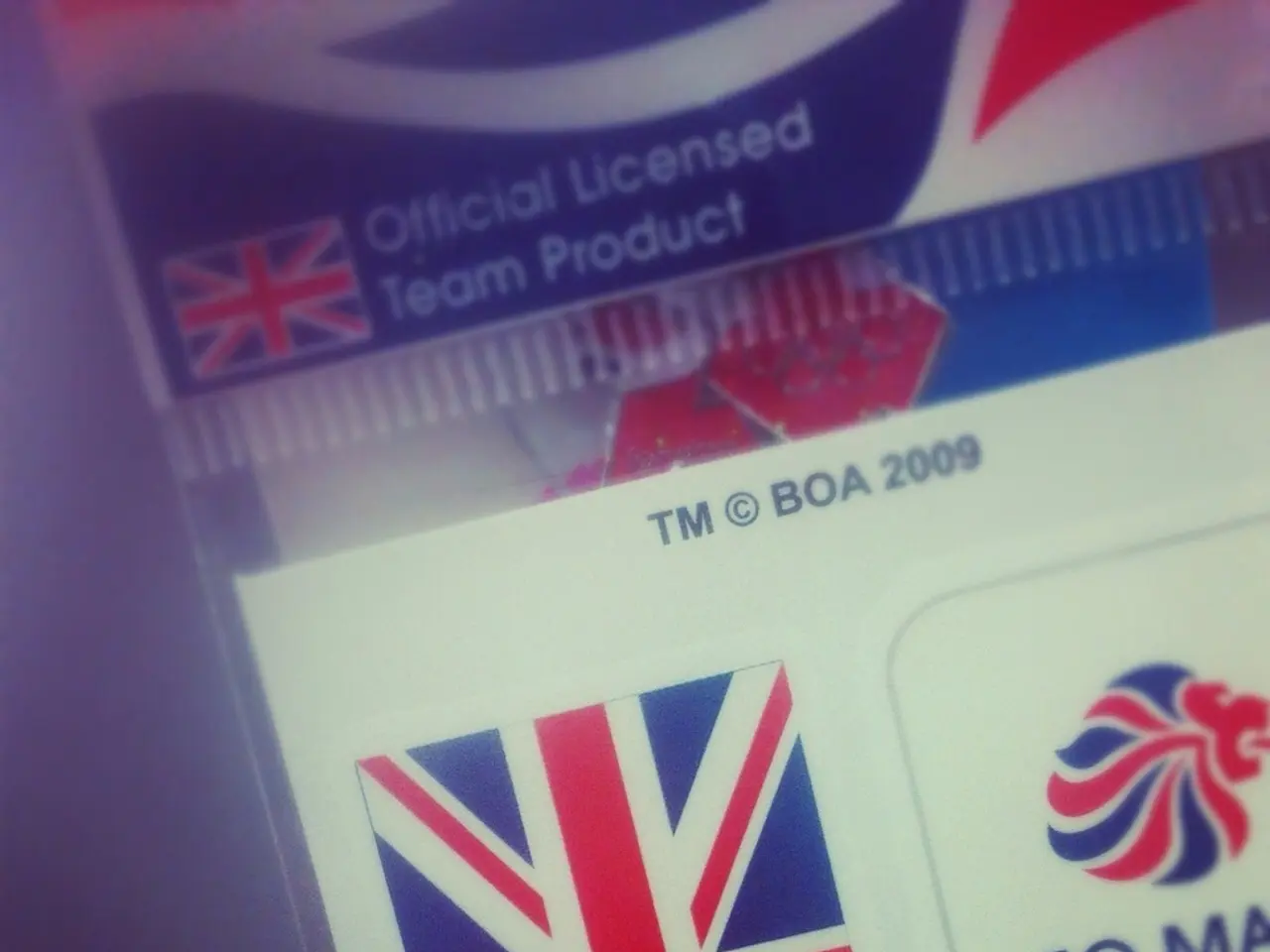Alberta's iGaming Legislation breaks down: Essential Facts for Players and Interested Parties
Alberta is set to join the digital gaming scene, following the passing of the iGaming Alberta Act, also known as Bill 48, in May 2025. This legislation marks the end of PlayAlberta's monopoly and opens the market to private operators.
The new framework establishes a regulated environment for online gambling in Alberta, overseen by the Alberta iGaming Corporation (AIC) and the Alberta Gaming, Liquor, and Cannabis Commission (AGLC). The AIC will manage relationships with licensed private operators, while the AGLC will remain the provincial regulator, setting standards for player protection, social responsibility, and market integrity.
Private operators seeking to enter Alberta’s online gambling market must obtain a license issued by the AIC and register with the AGLC, if applicable. They must also adhere to strict rules to safeguard consumers, including preventing underage gambling, ensuring responsible gambling practices, and implementing safeguards aligned with AGLC standards.
The Act permits multiple private operators to compete in Alberta’s iGaming market, anticipated to launch by Q2 2026, thereby increasing player options beyond the current government-operated PlayAlberta platform. The market will also be subject to tough anti-money laundering (AML) standards, similar to Ontario's, and operators will be required to draft risk assessments, create internal policies, and roll out employee training programs for AML.
The framework includes requirements relating to green practices and strict adherence to AGLC board standards, emphasizing operational transparency and responsibility. Leading-edge cybersecurity tools, such as identity verification suites and secure data channels, are necessary for platforms and users. Ongoing assurance and accounting support will underpin regulatory confidence as regular independent audits help close process gaps before they become problems.
The province will implement a central self-exclusion system, geo-location measures, and age verification to restrict access to 18+. The legislation separates regulatory duties (AGLC) from operational duties (iGaming Alberta Corporation). The new iGaming Alberta Corporation will manage licensing, regulation, and day-to-day operations of the province's private online gambling sector.
The iGaming Alberta Act aims to bring grey-market operators into the legal fold through a formal licensing process, creating a safer and more transparent online casino environment. The timing of PlayAlberta's new look coincides with the passing of Bill 48 in May 2025. Alberta has not finalized its tax rates and licensing fees, but operators can model scenarios using Ontario's 20% tax rate.
In summary, prospective iGaming operators in Alberta must secure an AIC license, comply with AGLC regulations emphasizing social responsibility and player protection, register as suppliers if applicable, adopt green and operational standards, and be ready to operate by the expected market launch in early 2026. This framework mirrors Ontario’s successful model and aims to foster a competitive, regulated, and responsible iGaming market.
- Private operators entering Alberta's online gambling market, as regulated by the iGaming Alberta Act, are required to adhere to strict rules that promote responsible gambling practices, ensuring a transparent and safe environment for legal online gambling.
- In the anticipated launch of Alberta's iGaming market in Q2 2026, operators will not only compete in a regulated market but also implement technology-driven safeguards, such as advanced cybersecurity tools and age verification systems, to uphold social responsibility and market integrity.




